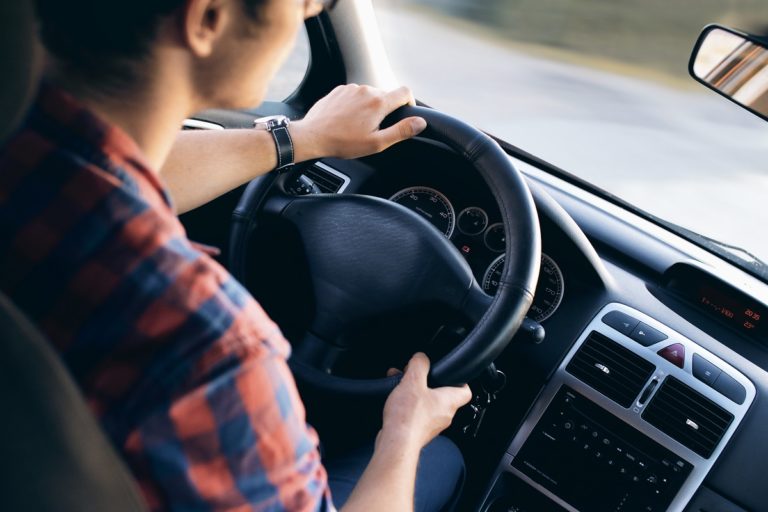Many car owners are constantly looking for ways to cut down on their vehicle’s fuel consumption – not only does this save money, it reduces emissions and your carbon footprint. In general, methods of improving your car’s fuel economy fall into these three categories.
Fine-tune the machine
When it comes to efficient performance, you may often find that the biggest limiting factor is the condition of your car. Many aspects of a vehicle affect its responsiveness and fuel consumption, and these can deteriorate as you rack up your miles.
Tires are one of the most frequent causes of higher-than-usual fuel usage; wear and tear will reduce the tire pressure and possibly throw off the alignment. Even a small discrepancy here can be significant in the long term, so vehicle owners are frequently advised to check using a car wheel balancer and keep their tires inflated at the recommended pressure. And if you go off-roading, be sure to change your tires according to use; those all-terrain patterns give great traction but reduce fuel efficiency when you head out on regular roads.
Other performance-impacting aspects may be found and fixed during regular maintenance. Air filters can accumulate more dirt if you’ve driven on dusty roads, for instance; you may need to replace them more frequently than indicated in the vehicle’s manual, or else the engine will have to work harder to bring in more air. Motor oil should also be of the grade indicated by the manufacturer, so that the engine will run with optimal efficiency.
Follow best driving practices
Ensuring your vehicle is in tip-top shape will only get you so far if you don’t drive like a pro, though. And “pro” doesn’t mean going full speed like a Formula One racer; it means taking professional care of your vehicle and maintaining a smooth ride.
Stay under the speed limit and change speeds gradually; if you drive manual, change gears to match the speed range you’re driving at. Driving slowly not only keeps you safe; it also helps to reduce your fuel consumption. Sudden acceleration forces your car to fight against a greater amount of drag, burning more fuel. And if you make a habit of driving as fast as you can, you’ll be making more sudden stops and wearing out your brakes faster too.
One more habit to avoid when driving is prolonged vehicle idling – an idle car can consume upwards of half a gallon of gas per hour. If you frequently leave the engine running for periods of over a minute, you could be burning far more fuel while waiting than if you simply turn off and restart.
Optimize your routes
How you drive your car for efficiency isn’t just matter of execution; planning also plays a part in how much fuel you end up using each trip. The shortest route isn’t always the most fuel-efficient; famously, UPS drivers never make turns into traffic. You don’t need to restrict yourself to nothing but right turns, but you can implement a similar fuel-conserving strategy by using a navigation app to select the least congested route whenever you travel. In the same way, planning your daily and weekly activities can be done to minimize your overall travel – consolidating the number of trips and making stops along the way as much as possible.
Lowering your car’s fuel consumption can be tackled in many ways, but instead of focusing on just one aspect, make sure to keep these three approaches in mind to truly reduce your carbon emissions and keep costs in check.




